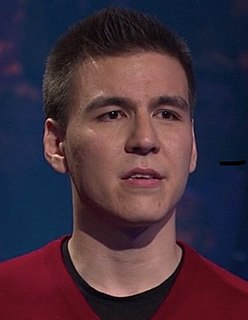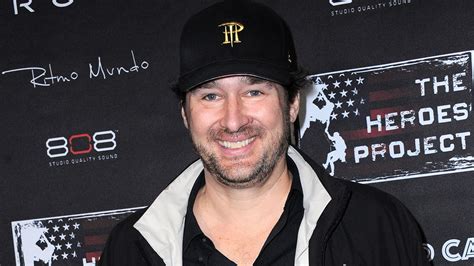A Quote by Daniel Negreanu
Success at poker is ultimately the result of solid fundamentals and the ability to read your opponents' betting patterns. This is especially true when playing online. But playing live poker is a completely different animal. In this venue, the presence of physical tells can not be overlooked.
Related Quotes
I like to peruse the Full Contact Poker online forums to read and comment on posts about interesting poker hands and whether they were played properly. I find that many of the contributors consistently suffer from the same problem: they are far too preoccupied with statistically insignificant aspects of a poker hand.
In order to maximize your profits at the poker table, your goal should be to play completely opposite of the way other players at the table perceive you. Simply put, if opponents label you a conservative player who never bluffs and only plays premium hands, you'll do better playing aggressively and bluffing frequently.
























